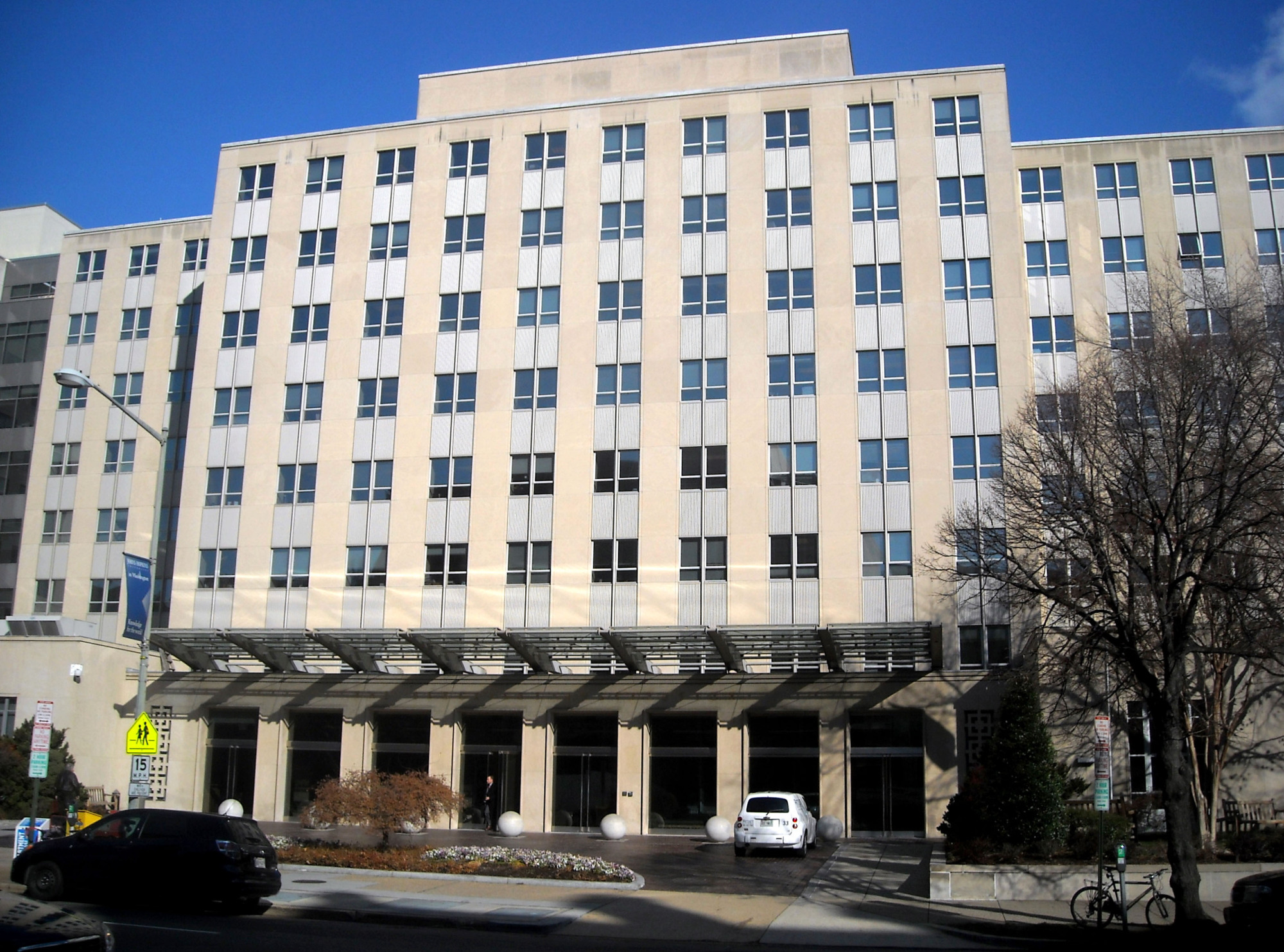Without the high quality research that independent think tanks provide, there can be no effective policymaking, nor even a credible basis for debating major issues. Insofar as funding challenges, foreign influence-peddling, and populist attacks on truth pose a threat to such institutions, they threaten democracy itself.
The Brookings Institution in Washington — perhaps the world's top think tank — is under scrutiny for receiving six-figure donations from Chinese telecommunications giant Huawei, which many consider to be a security threat. And since the barbaric murder of Saudi journalist Jamal Khashoggi last October, many other Washington-based think tanks have come under pressure to stop accepting donations from Saudi Arabia.
These recent controversies have given rise to a narrative that Washington-based think tanks are facing a funding crisis. In fact, traditional think tanks are confronting three major challenges that have put them in a uniquely difficult situation. Not only are they facing increased competition from for-profit think tanks such as the McKinsey Global Institute and the Eurasia Group; they also must negotiate rising geopolitical tensions, especially between the United States and China. And complicating matters further, many citizens, goaded by populist harangues, have become dismissive of "experts" and the fact-based analyses that think tanks produce (or at least should produce).



